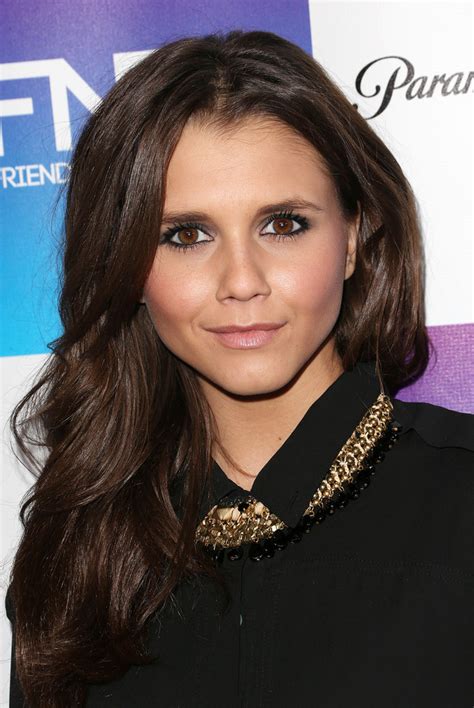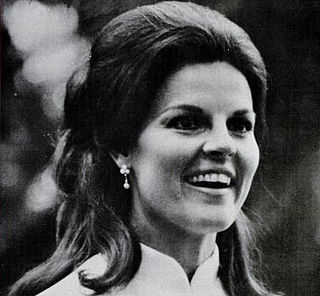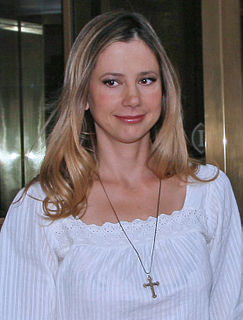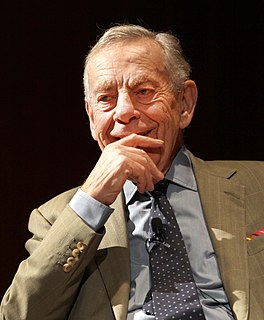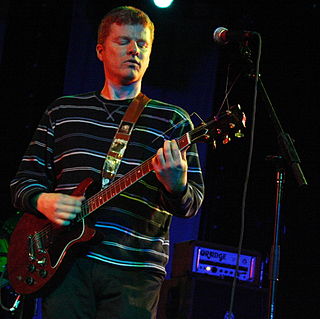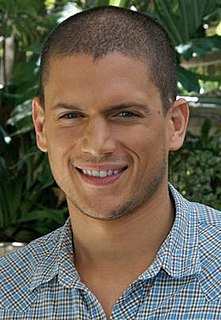A Quote by Jim Gaffigan
You're on stage and because stand-up comedy is one of the few meritocracies in the entertainment industry, there's some kind of - at least for me, there's some kind of idea of control.
Related Quotes
To be in the music industry, to be in any kind of entertainment industry, you really, really have to be passionate about it and love it and persevere, because if that passion isn't there, it's easy to give up. If you really want it, the ambition is there, it'll come. It's definitely harder work than some people think.
I mean, there's an aspect I've always said that is - it's, you know, it's not poetry but it's kind of like it. It's not song lyrics but it's kind of like song lyrics. It's not rap but it's kind of like rap. And it's not stand-up comedy but it is kind of like stand-up comedy. It's all those things together.
I loved acting as a kid because I was kind of shy, so it brought me out of myself. Acting for kids is like playing house, you know? But growing up in Hollywood, it just made it seem possible. It wasn't like some idea of going to Hollywood; it was in my backyard. I lived two blocks from Grauman's Chinese Theatre growing up. It was what people did. It's an industry town. So it wasn't some far-off fantasy, it was like "Oh yeah, when you grow up, you do this because that's what people do here."
Every revolution begins as consciousness because some group of people has to imagine change. You have to have the idea of change or at least have a hope before you can proceed. And that stage goes very quickly because a contagion of consciousness is within your control. But when you get to the stage of institutional change, it becomes a much slower process.
When I first started comedy, before I kind of gained any national prominence, I - in a weird way - went back to that. Marc Maron had me on WTF making fun of me about that when I first opened for him. I had this very kind of hip-hop bravado to me, and I realized that now I've let some of that go in my stage presence, that maybe that was because I had dropped that completely from my life, and when I got onstage I sort of rekindled it. And I think now that it was perhaps a defense mechanism that was left over from those days, which I think is kind of interesting.
Comedy scares me a lot. I feel like it's way harder than drama. I think my safety net is definitely drama, and I would love to kind of be able to be able to push into the comedy world and do something kind of like a Christopher Guest kind of style show. That, to me, is my kind of comedy. Like, Ricky Gervais comedy. That's my kind of thing.
Comedy scares me a lot. I feel like it's way harder than drama. I think my safety net is definitely drama and I would love to kind of be able to be able to push into the comedy world and do something kind of like a Christopher Guest kind of style show. That, to me, is my kind of comedy. Like, Ricky Gervais comedy. That's my kind of thing.
I thought for a long time that within art, that you would come up with an idea, you would labor over it intensely until you felt like it was done, and then when you finished it, that was the final stage. I started to realize that that's not actually the completion of it. The final stage of any kind of art is to really lose control over it and let it affect other people. You can't control the effect that it has on people, but you hope that it has some sort of reaction. You just hope that they're not indifferent to it, you wanna make people feel something, whether it's love or hate.
Sometimes I'm trying to communicate a feeling. Sometimes I can't piece it together into any kind of coherant thesis. I'm just trying to evoke some kind of mood, and put some kind of idea in somebody's head. If Marshall McLuhan or Harold Innis were looking at it, they would tell you that the genre of rock music isn't the best way to deliver a political message because it distorts it, it makes it into entertainment. Perhaps the best political message is just to speak it to somebody. I think that's something I'm always writing about in songs, just how to mediate, how to present something.
If a song is cooking in the studio, that's great, but if I can imagine doing it on stage, that's the next level to me. ... Some people love paintings, and some people love poetry, and of course I love all of that, but when a musician is so in control of her instrument, I'm in awe. That's when I start to kind of evaporate into the universe.

